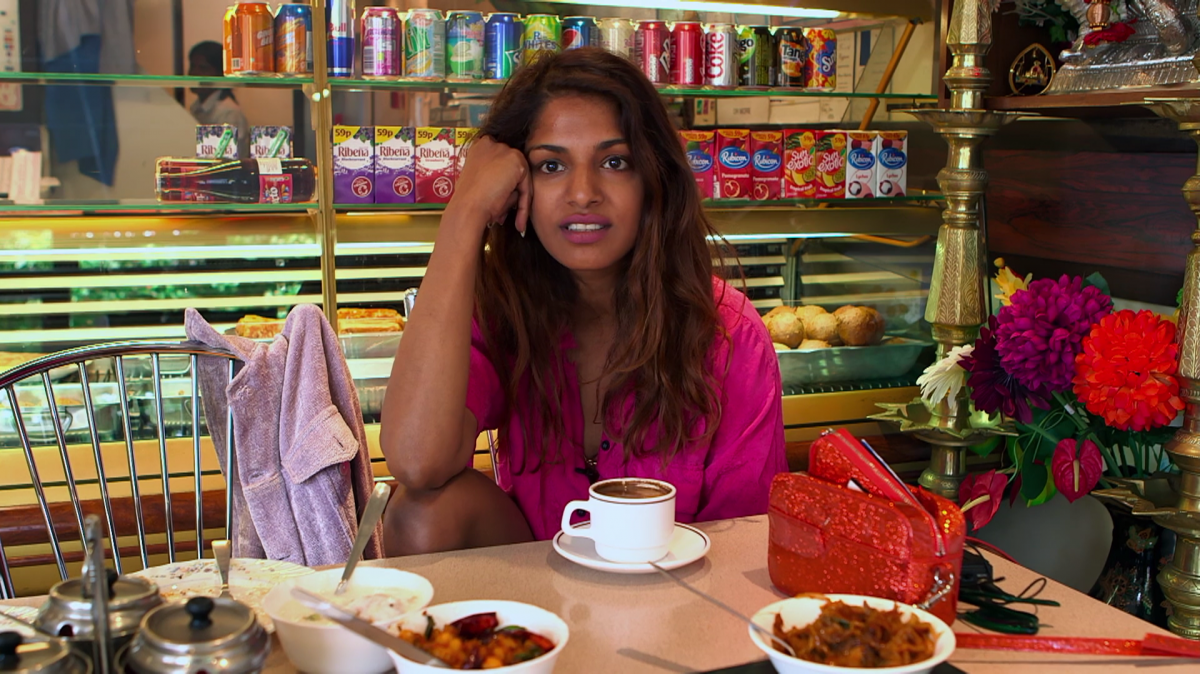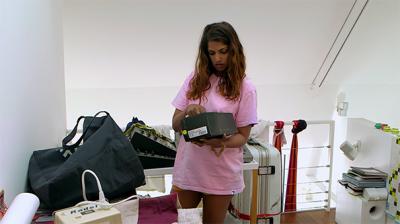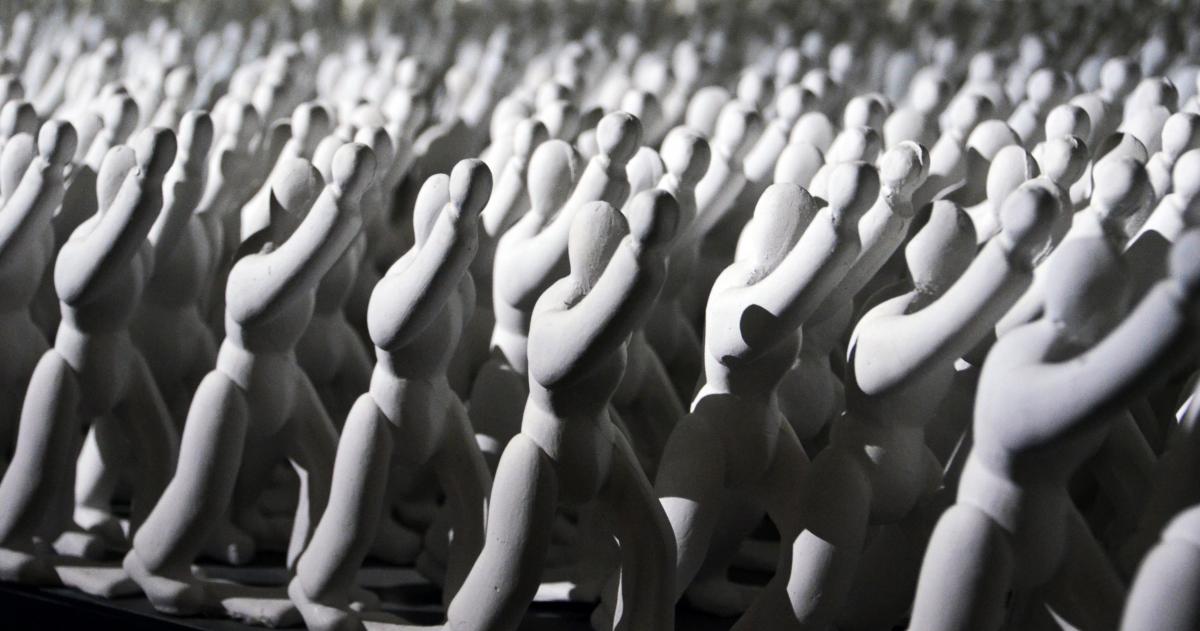The Egyptian Revolution of 2011 and the political turmoil in the years since have changed the country. How did underground musicians, DJs and songwriters from Cairo react, and how did the events influence their art? Thoughts recorded by Thomas Burkhalter in Cairo. From the Norient book Seismographic Sounds (see and order here).
«I cannot concentrate. I can’t stop thinking. Normally I translate daily life experiences into my songs, at the moment I cannot do so. I’m paralyzed. My role as a musician was more important before the revolution. I provoked and asked questions that were taboo. This was more challenging than today. I don’t even want to try to document the revolution. It is not finished yet, and I don’t want to document it wrongly. In these times I am a citizen of Egypt first.»
Maryam Saleh is a singer and songwriter from Cairo who tours internationally. Recorded on 4.3.2013.
«Just because I’m an artist doesn’t mean that I have to make music about the revolution. An artist should just be an artist and create his personal artistic world – without any guidelines.»
Hussein El-Sherbini is part of the electronica collective Wetrobots. He co-runs the Epic 101 studio in Cairo. Recorded on 6.3.2013.
«This was the most emotional time of my life. I did not dare translate these strong experiences into music yet. They were holy in a way, so you cannot just make a track out of it. I brought my recorder to Tahrir Square though. One day, maybe, I’m going to use those recordings.»
Mahmoud Refat experiments with field recordings and electronic music. He runs the label 100copies and the 100copies music space in Cairo. Recorded on 8.3.2013.
«Many songs were created on the spot. They were not meant for eternity. It was about freedom of expression. This is what made these songs important.»
Dina El-Gharib is a visual artist from Cairo. She DJs weekly in the After Eight club in downtown Cairo. Recorded on 10.3.2013.
«With the start of the revolution, international media became fascinated with our female metal band. Now we give loads of interviews and we perform abroad often.»
Sherine Amr from Cairo is the front singer of the metal band Massive Scar Era. Recorded on 8.3.2013.
«In Egypt you need permission from the military to leave the country. This creates huge problems for me because the military does not like me at all. I had thirty international tours lined up, but I was allowed to leave the country three times only. And the next problem is coming. When I finish my studies in two years I have to go to the army. It is going to be the nightmare of my life.»
Ramy Essam is a singer and songwriter from al-Mansura. Time Out listed his song «Irhal» (leave) – that Essam sung on Tahrir square – among the ten most influential political songs of all time. Recorded on 5.3.2013.
«My dream is to have a passport. I want to travel, to develop and show my music. I live for my music.»
Islam Chipsy received his Egyptian passport in 2014. Today, the keyboard player tours abroad regularly – he also performed at the 6th Norient Musikfilm Festival in Bern, Switzerland. Recorded on 10.3.2013.
«I have a lot of hope if we stay like this. Riot police beat me a lot. Nevertheless I will go down again tomorrow. If they want war, we want peace. I am just trying to regain some of my nation’s dignity.»
Ahmad Basiony taught sound art at Helwan University. He died of gunshot wounds inflicted by snipers from the Egyptian Police Forces on Tahrir Square on January 28, 2011. Recorded via Facebook on 26.1.2011, 10pm.


